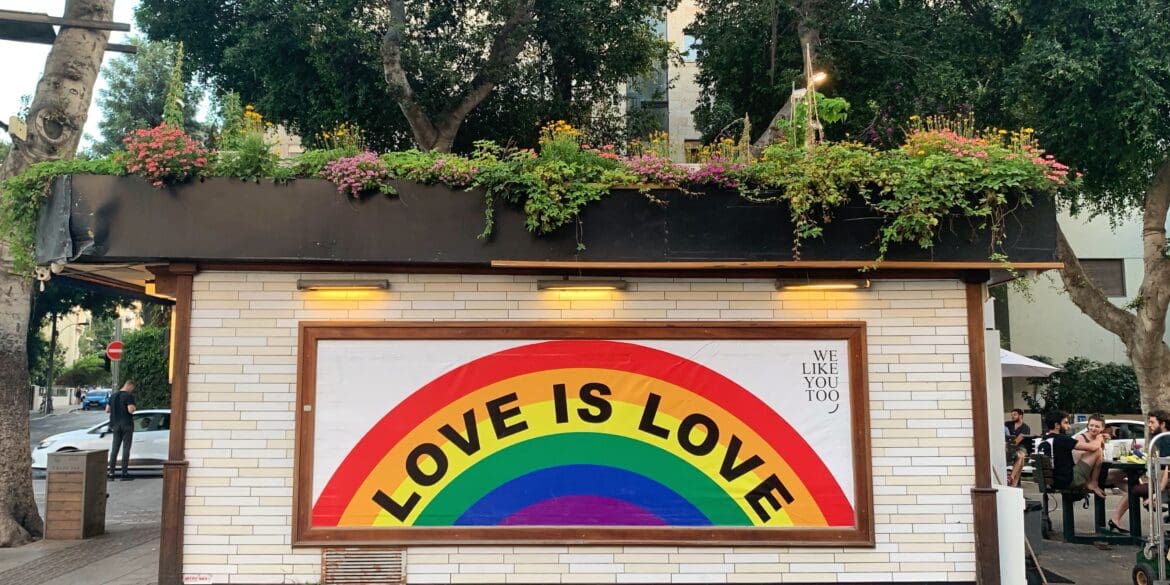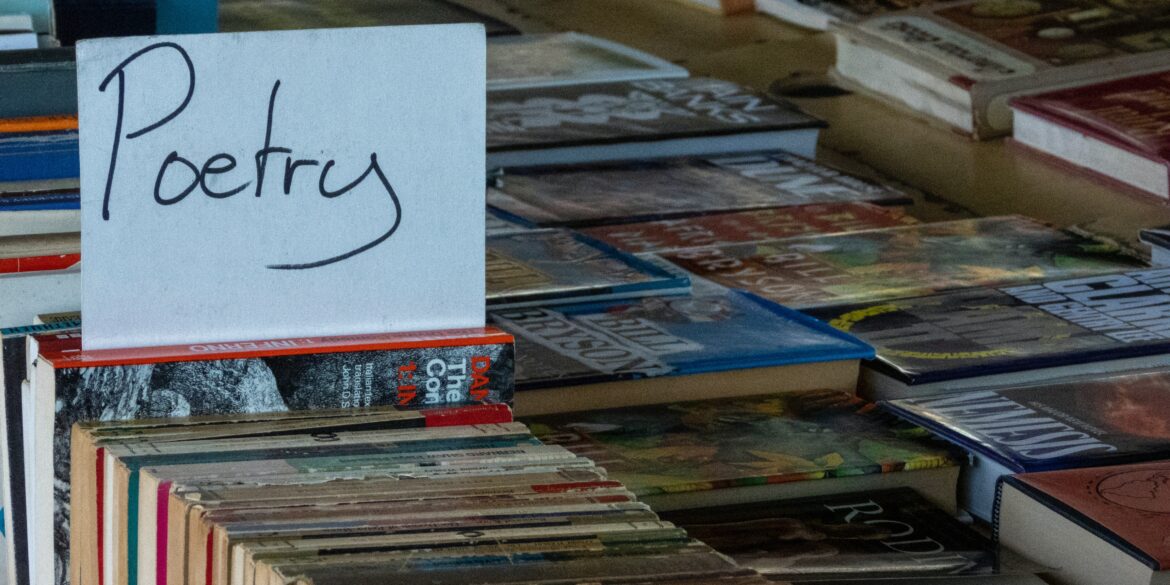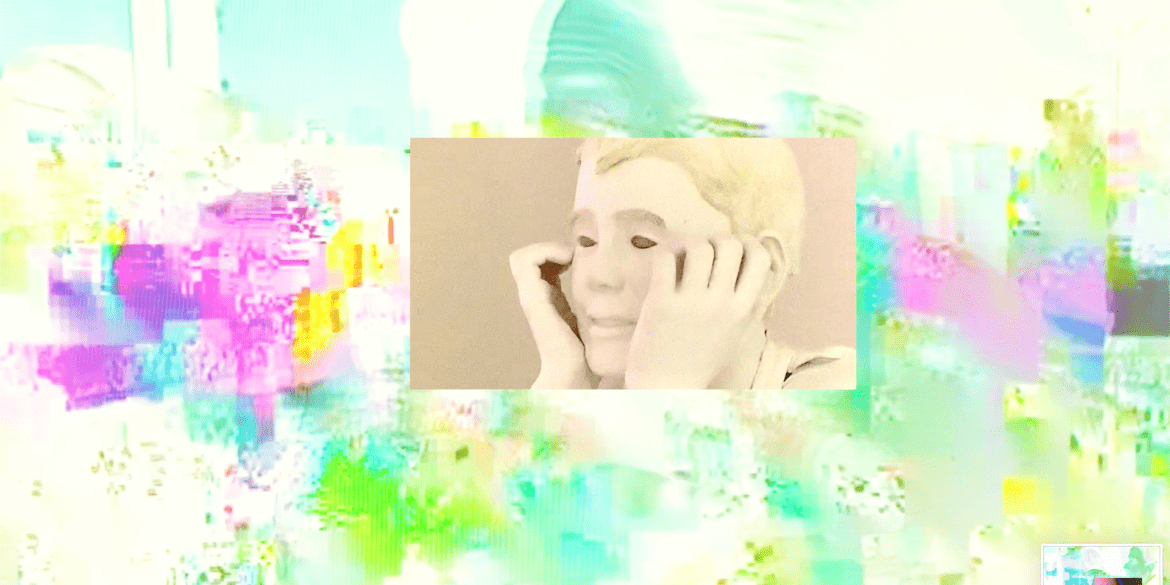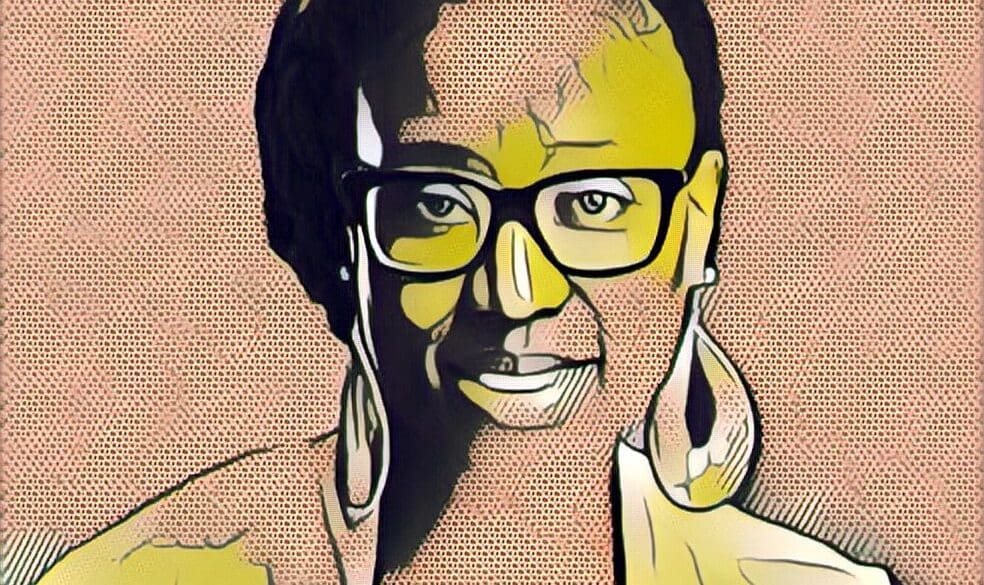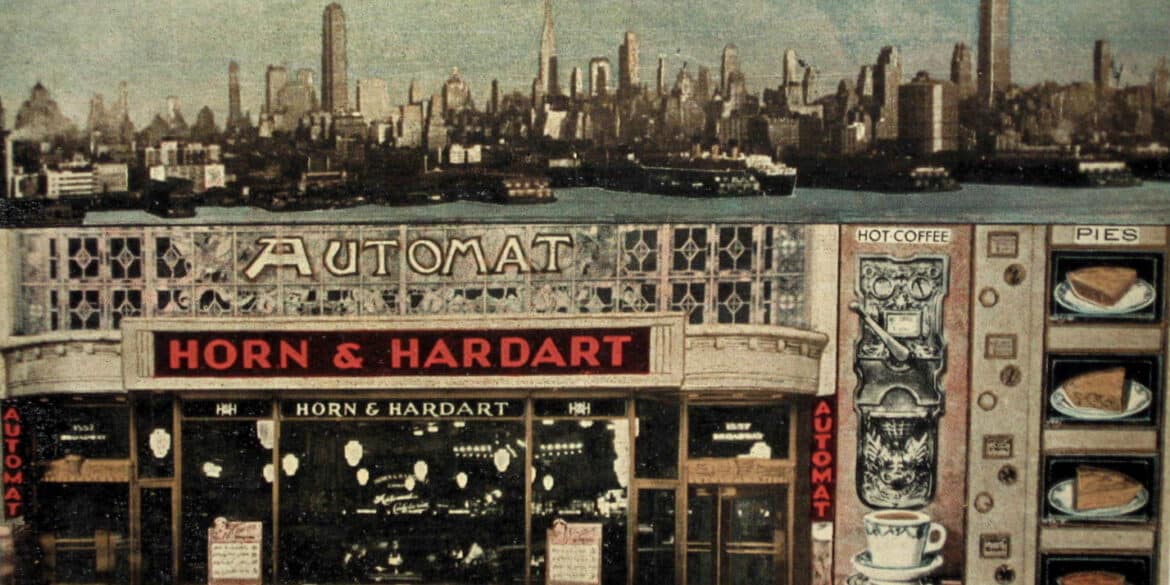I use autoethnography to provide first-hand observations in the predominantly conservative English classroom as a way to analyze and understand a rise in toxic masculinity and its detrimental impacts.
Poems As a Form of Powerful Activism and Barrier-breakers is a compilation of three poems which mean a lot for me.
Jesus and Fentanyl: A Mortician's Perspective is actually thoughts from a funeral director and also an ode to an overdose victim.
In my poetry, I highlight negative depictions of Catholic religion and discuss how they differ from my own experiences as a Catholic.
What is my responsibility as a trans feminine person when the human-induced strain on the planet is the driver of the climate crisis?
The poem driving this experimental film about television considers the insomniacs who wake at the same time each night in rhythm.
This work shows that the benefits of reading multiple texts, each from a different perspective provides opportunities for students.
One Man’s Perspective on Grieving and Death is a narrative representation of death as a universal humanistic theme.
My weird depression showed up this summer like “hey sis!” And I was like “fuck my life”! I wasn’t ready. This time, it caught me off guard.
The dynamic taking place in these poems was autoethnography, a hybrid of my investigation of the 1960's coupled with my personal experience.
I documented my two-month diet in a food journal and it began as a personal effort to lose weight following a "Barthes diet".
This is a piece I wrote in desperation after being confronted with the failures of the foster system in the United States today.


